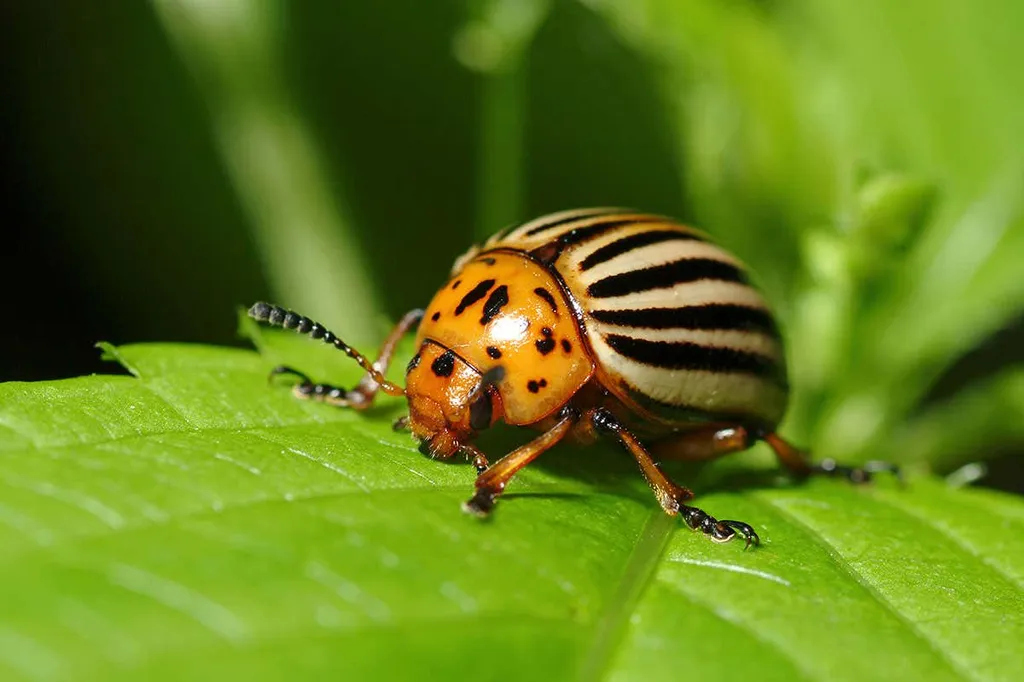In the heart of Morocco, a groundbreaking study is reshaping the future of potato farming, offering a sustainable solution to a persistent pest problem. The potato tuber moth, Phthorimaea operculella, has long been a bane to potato crops worldwide, causing significant damage and yield loss. However, a recent field evaluation led by Mohamed El Aalaoui of the National Institute of Agricultural Research in Rabat has uncovered a promising combination of treatments that could revolutionize pest management in potato cultivation.
The study, published in ‘Frontiers in Sustainable Food Systems’ (which translates to ‘Frontiers in Sustainable Food Systems’), evaluated the effectiveness of 12 different treatments, including biorational insecticides, plant extracts, and their combinations, over two years. The goal was to find a sustainable and effective way to manage the potato tuber moth without relying solely on chemical insecticides.
Among the treatments tested, the combination of mineral oil with extracts from Ricinus communis (castor bean plant) consistently showed the best results. This combination not only reduced leaf damage significantly but also suppressed larval density, leading to healthier plants and higher yields. “The results were quite remarkable,” said El Aalaoui. “We saw a reduction in leaf damage to as low as 15.8% and larval density to just 1.2 per plant at three months after the first treatment.”
The implications of these findings are substantial for the agricultural sector. Potato is a staple crop worldwide, and any improvement in yield and quality can have a significant impact on food security and economic stability. The use of botanical and biorational insecticides offers a sustainable alternative to conventional chemical pesticides, which can have harmful effects on the environment and human health.
Moreover, the study’s results could pave the way for similar research in other crops and regions. As El Aalaoui noted, “This is just the beginning. The principles we’ve demonstrated here can be applied to other pest problems and crops, offering a more sustainable future for agriculture.”
The commercial impacts of this research are also noteworthy. Farmers can potentially reduce their reliance on expensive and environmentally harmful chemical pesticides, leading to cost savings and a smaller environmental footprint. This could also open up new markets for botanical extracts and biorational insecticides, creating opportunities for innovation and investment in the agricultural sector.
As we look to the future, the study’s findings offer a glimmer of hope for a more sustainable and productive agricultural system. By harnessing the power of nature, we can tackle some of the most pressing challenges in food production and pave the way for a more secure and sustainable future.

